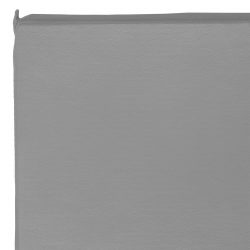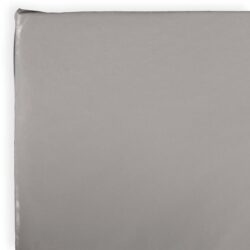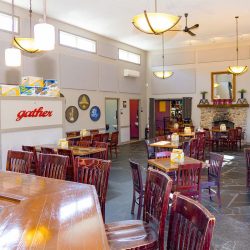Lodge Restaurant
The Issue
Williamsburg was the former capital of Virginia during the crucial formative years of the American colonies for 81 years, from 1699 to 1780. It was in this town that the fundamental concepts of the American government were formed under the leadership of those such as George Washington, Thomas Jefferson, George Mason, and Peyton Randolph. Today it attracts countless visitors every year to its many historical exhibits, events, and eateries; including the renowned Lodge Restaurant.
The Challenge
The Colonial Williamsburg Foundation is a private, not-for-profit educational institution that receives no regular state or federal funding. They cultivate the countless attractions in Colonial Williamsburg, including museums, theaters, gardens, shops, interactive exhibits and year-round events. More than 100 million visitors have enjoyed the Colonial Williamsburg experience since 1932, including U.S. presidents Franklin Roosevelt, Harry Truman, Dwight Eisenhower, Lyndon Johnson, Richard Nixon, Gerald Ford, Jimmy Carter, Ronald Reagan, and Bill Clinton.
One of Colonial Williamsburg’s most notable attractions and a favorite of visitors is the Lodge. The Williamsburg Lodge opened in 1939 to provide comfortable accommodations for travelers to the historic town. It is one of the first Colonial Williamsburg hotels constructed under the guidance of John D. Rockefeller Jr., the founder and first benefactor of the town’s restoration.
Accommodations include fine dining in their Lodge Restaurant, where patrons and dining staff noticed something not so fine. The kitchen area is open to the dining room, which is an enjoyable experience for guests and chefs, except that any noise made in the kitchen seemed to be amplified out into the dining area. The Williamsburg Lodge contacted Acoustical Solutions, who found the source of the problem: “Kitchens have a lot of reflective surfaces, so all the noise being made there was being reflected around and shot out the only unblocked space—into the dining room.”
The Solution
Acoustical Solutions recommended the ceiling tiles be replaced with acoustic ceiling tiles, and that acoustic panels be installed on the walls. AlphaEnviro® PVC Acoustic Panel were installed strategically along the perimeter of the kitchen, and 2″ thick AlphaEnviro Acoustic Ceiling Tiles were used to replace the existing ceiling tiles.
The Result
After the acoustical products were installed, echo and reverberation decreased in the kitchen allowing for increased speech intelligibility and a more pleasant work environment for those preparing meals. More importantly, however, patrons seated in the dining hall no longer heard every clatter and bang made in the kitchen. “The Kitchen turned out really well,” said Lee Anderson of the Colonial Williamsburg Foundation, “we received many compliments from the first day it was up.”
To learn more about how Acoustical Solutions can solve your noise control problems, use our contact form, call one of our Acoustical Sales Consultants at (800) 782-5742, or visit us on the web at acousticalsolutions.com.








